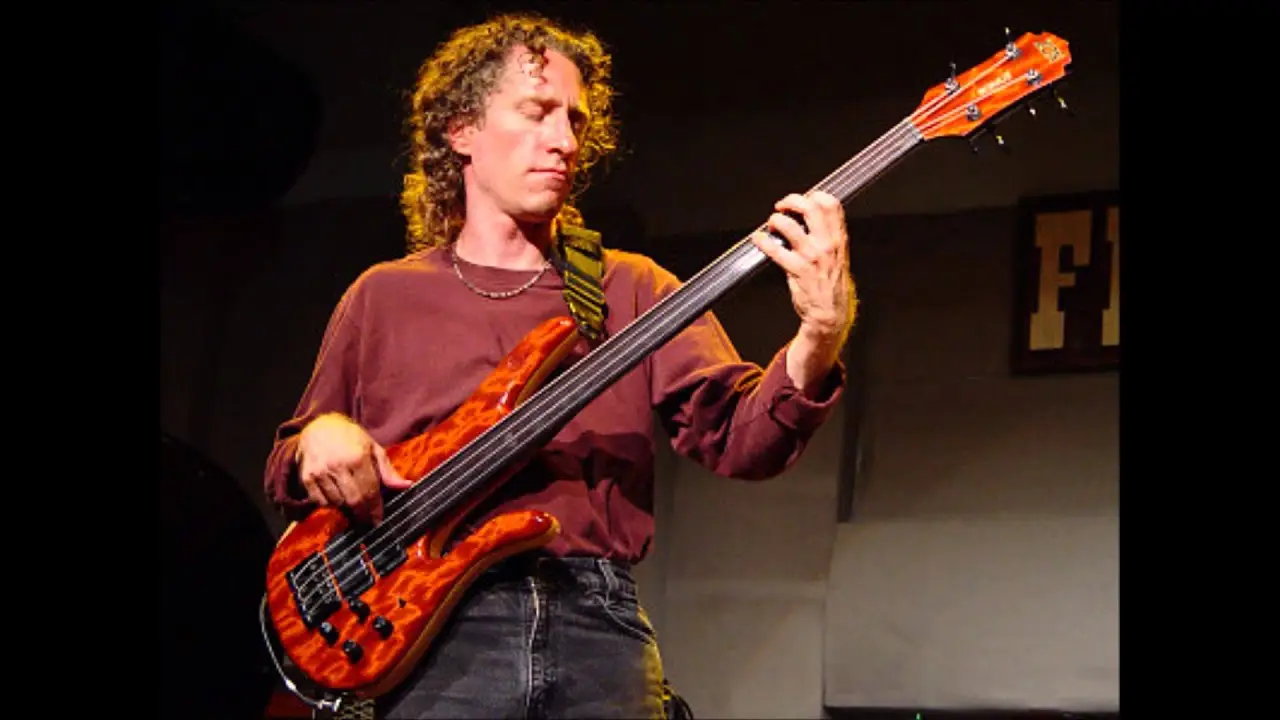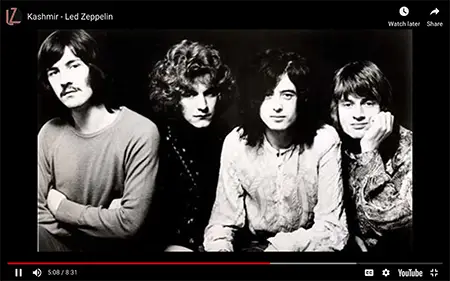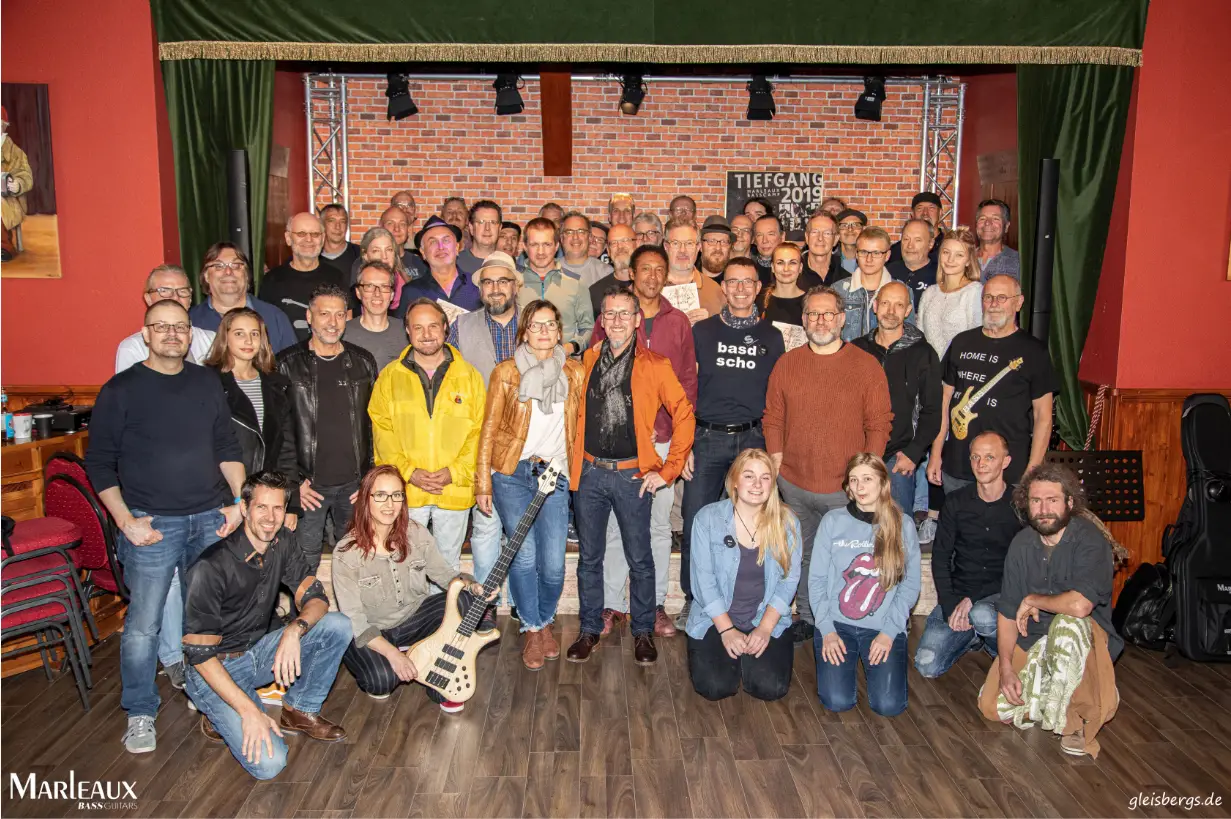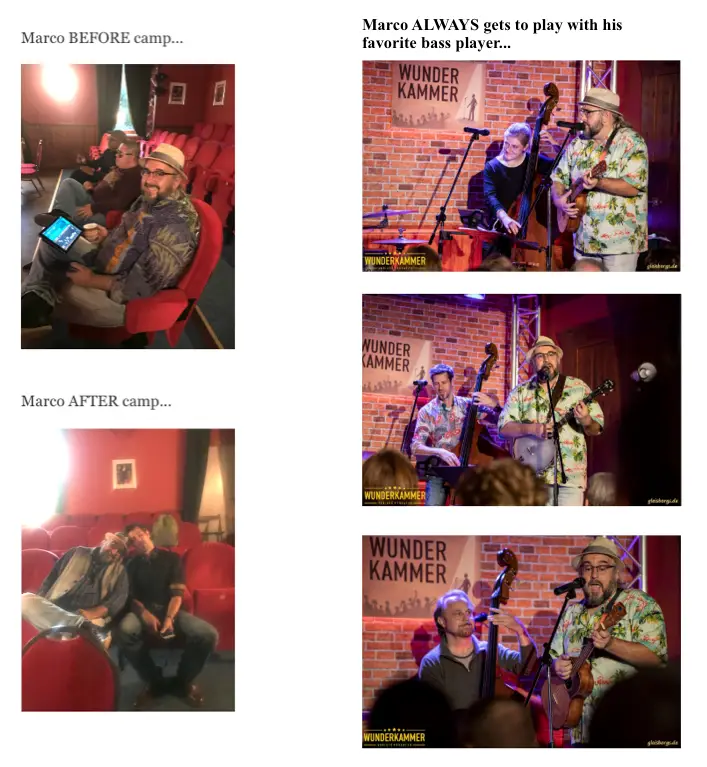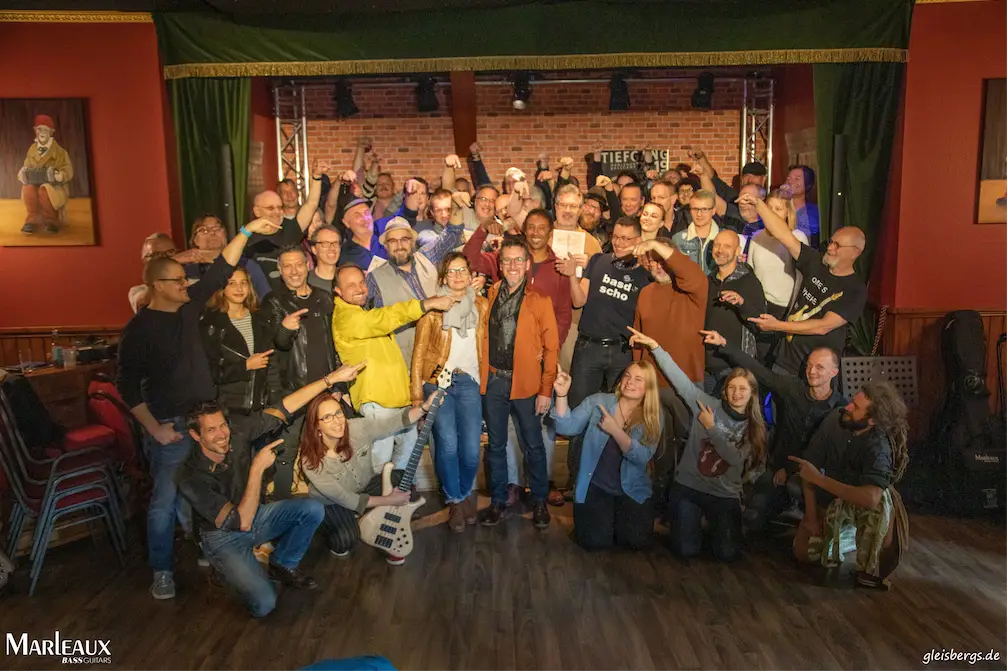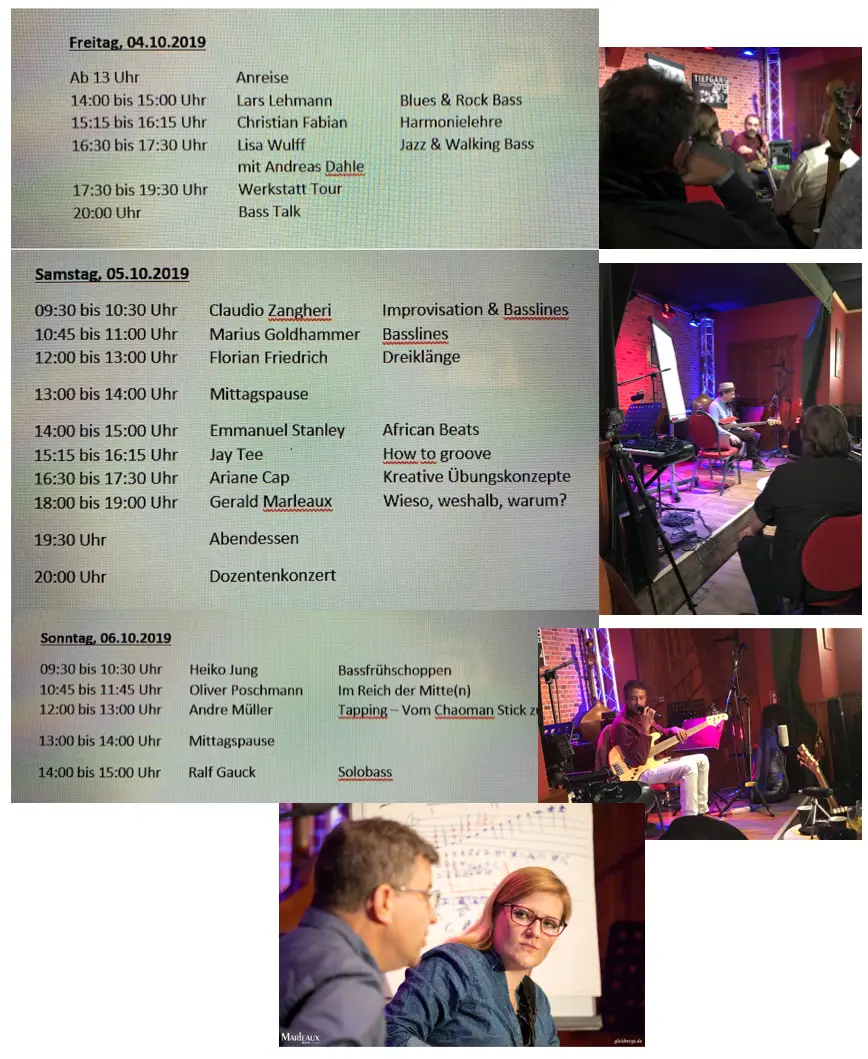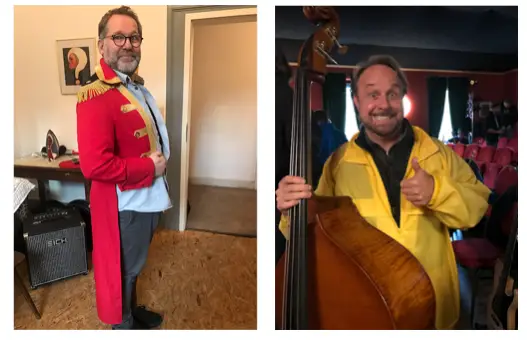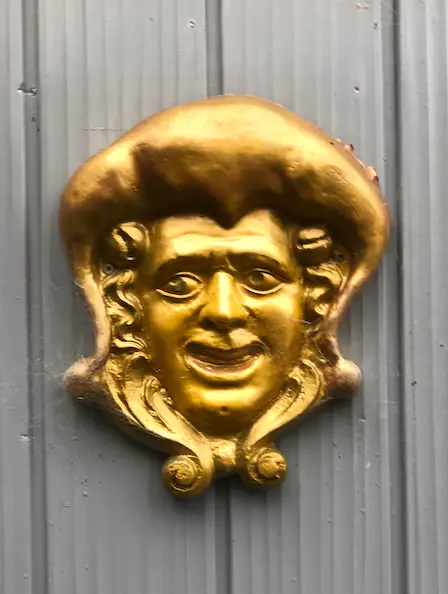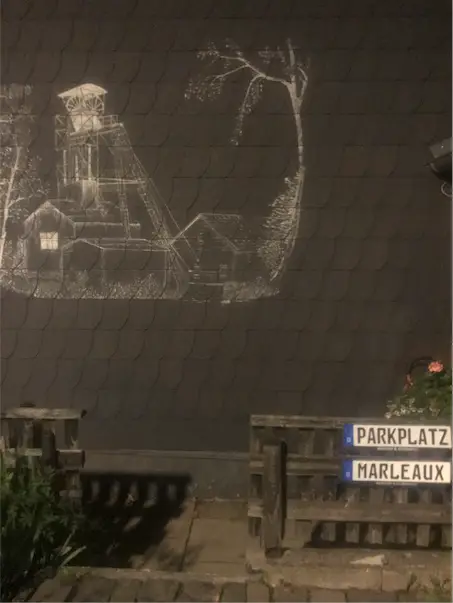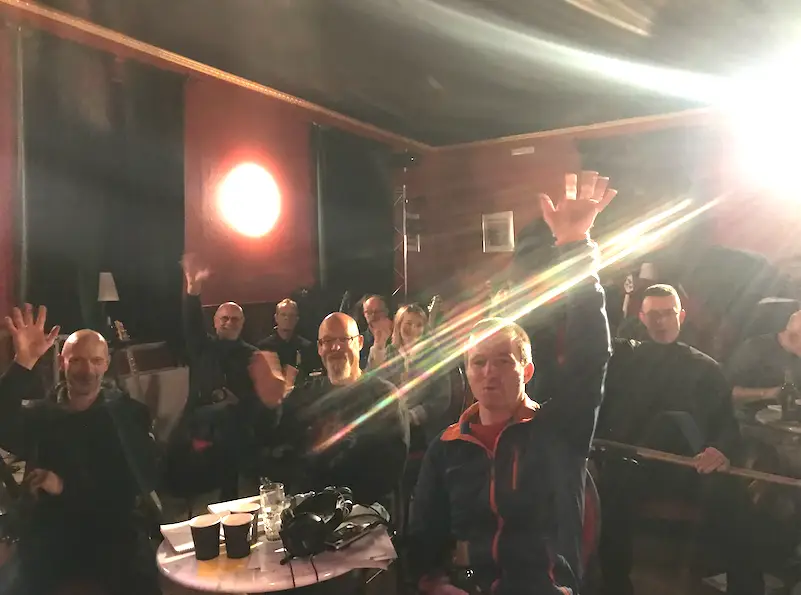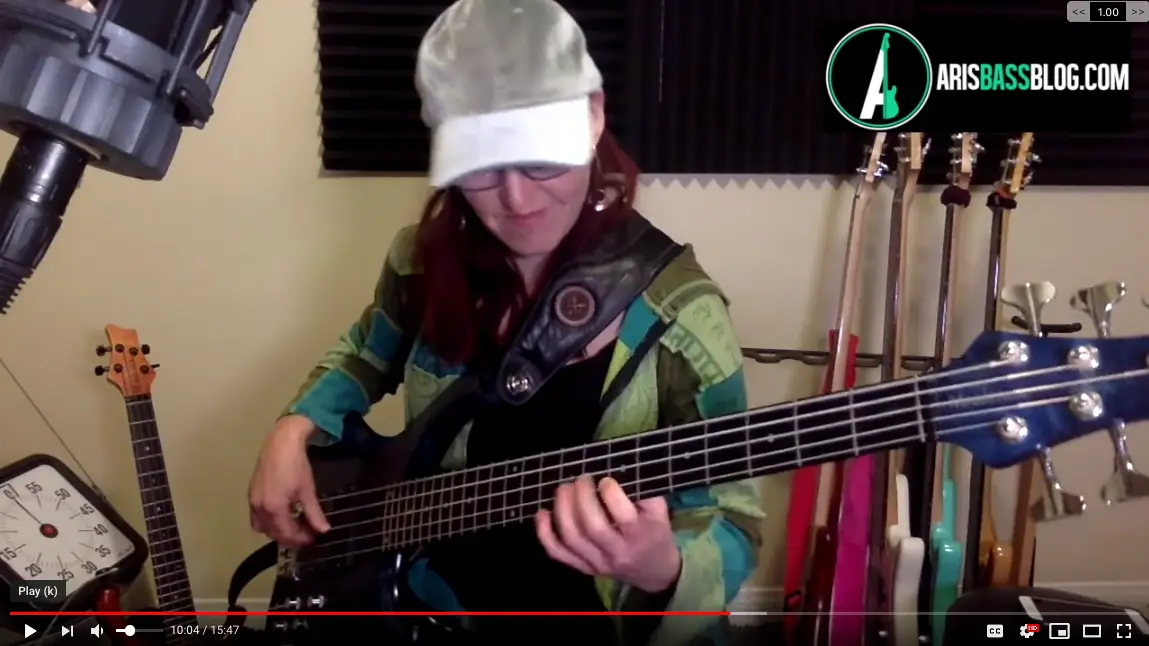With solo bass night upon us,
(compile of the Los Angeles Show, there are two, see solobassnight.com)
the question re-emerges… what is solo bass?
Bass Solo
So, there are bass solos…. when a bass player plays a solo, when the band “gives the bass player some” – after dutifully laying down the groove and outlining the chord changes dutifully for their bandmates all night for them to play or sing melodies and solos over. Now the band steps back and allows the bassist to abandon the responsibilities of outlining chords and keeping the groove going; here, the bassist is featured as the soloist.
A bass solo can be anything from a melodic improvisation to a groove solo to a percussive thumb funk-fest or any combination of these. If you are terrified to solo, or just want to learn more about solo strategies I recommend (including very easy ones) check out this blog post.
So that is a bass solo. What, then is solo bass?
Solo Bass
Solo bass is when bassists plays solo, as in, alone, all by themselves.
The bass is typically not the type of instrument you might expect to do that given its usual supportive role in the band, its low range and sonic properties. But as often is the case with restrictions and limits, they beg for someone to challenge them- and overcome them. Solo bass does that. It is indeed “a thing”. And it comes in a wide variety of “flavors”:
From the monstrous tapping extravaganzas of Stu Hamm, to incredible fretless work by Michael Manring; from the outlandish tuning schemes by Jeff Schmidt, to the masterful soundscapes by Steve Lawson; from the “So-Low” (get it?) six-string fretless work of Steve Bailey, to the creative musicality and thumping virtuosity of Vic; from the mind-bending interpretations of film scores by Zander Zon, to the Mario Brothers theme played on an 11 string by Jean Baudin; or Cody Write’s cool loops and jams. Some players using loopers, effects, customized basses with D-Tuners, or special tunings, while others keeping it bare bones and simple with just a four-string and an amp… solo bass is an amazing and exciting new art form! I never tire of checking out the latest my heroes are up to and discovering who’s new on the scene!
Also read my Quora answer to the question ’does the bass sound good solo?’ and this link
https://arisbassblog.com/solo/
But Jaco only needed four strings…
Interestingly, not everyone is happy with the bass taking liberties outside of its traditional role. They’ll say:
- “That is not bass playing, get a guitar!” in the face of anything tapped or chorded, or
- “But Jaco only needed four strings” in response to extended string basses, or
- “Bach would turn over in his grave – that is supposed to be played on a cello!” as a comment to a Bach cello suite played on bass.
Like everything new, this art form has its detractors who like to see the bass in its traditional role only. For me, it’s okay if a person doesn’t like something because it simply does not sound good to them. But to dismiss it categorically because of the number of strings, or the instrument itself, or the fact that effects are used… that has always puzzled me. Isn’t art and music about expression, exploration, expanding horizons and challenging norms?
Collaborations
Solo Bass players have also banded together and created amazing projects like the Bass Extremes (Victor Wooten and Steve Bailey), SMV (Stanley Clark, Marcus Miller, Victor Wooten) and BX3 (Stu Hamm, Billy Sheehan, Jeff Berlin).
Not a Comprehensive List
If you are a bass player who is interested in exploring solo avenues, check out the cats I mentioned above and please add your own favorites in the comments. My list is not meant to be comprehensive by a long shot!!
And while you’re at it, check out our site solobassnight.com. My solo bass playing buddy Josh Cohen (check out his amazing Bach renditions) and I are carrying forth the torch ignited by David Grossman, Jean Baudin, Jeff Schmidt and Michael Manring on a talkbass.com thread from 2005 and are continuing and expanding on the tradition of the Solo Bass Nights. Five such shows drew a regular crowd of groove geeks, pedal freaks, bass lovers and their friends. The series got interrupted for a few years because of changes of ownership at the venue, but Josh and I are bringing it back! First stop in:
- San Francisco Bay Area (November 7th at the Soundroom in Oakland), then to
- Los Angeles (November 14th at GruvGear Headquarters)
Our plan is to make these two shows as epic as can be, so please come and join us. Performers include:
- Michael Manring
- Stu Hamm
- Norm Stockton
- Kai Eckhardt
- Josh Cohen
- Charles Berthoud
- Ariane Cap with special guest Paul Hanson
- Kai Kurosawa
- Jayme Lewis
- Johnnie Gilmore
We also have an AMAZING raffle at each of these shows, with prizes including MXR pedals, Kala basses, a PJB Bighead and an Earbox, LaBella strings, Singularsound Cablis and a mini Beat Buddy, killer cables by Tsunami…
If you get your tickets during the presale you will get two extra raffle tickets with your purchase 🙂 so please go to solobassnight.com, pick a show and secure your seats. You just might win a Kala bass, a BackBeat or a Phil Jones Earbox!
Who are your favorite Solo Bassists (and why)? And tell us your favorite Bass Solos?
Post in the comments. Got a video of yourself having a go? Post it!!
Learn Music Theory in our signature course, Music Theory for the Bass Player….


